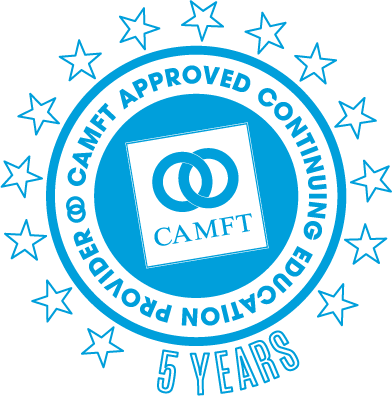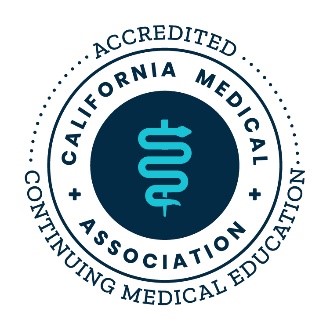Spiritus Contra Spiritum: Impasses in Addiction Treatment

FACULTY: Peter Banys, MD; Sam Naifeh, MD
“Spirit against the spirits” was CG Jung’s expression for the experience of the transcendent function in addiction recovery. It indicates a process, necessary to recovery, for bringing unconsciously motivated behavior to consciousness, thereby transcending or overcoming polarized emotions.
The now long-standing experience with addiction treatment suffuses practitioners in an environment of paradoxes that challenge previous conceptions with increasing complexity.
Case study discussions focus on analyzing strengths and weaknesses in models of Substance Use Disorder (SUD), addiction, and treatment.
Analytic/dynamic work generally assumes hidden, deeper forces manifest as visible symptoms, reliance on transference repetition and interpretation of core family constellation conflict, production of structural and, therefore, behavioral change through insight. Analytic/dynamic etiological theories in SUD and addiction have resulted in misleading myths or narratives such as addiction is caused by weak ego and/or character disorder, lies in session are best understood as psychopathology, alcoholics/addicts are not analyzable.
Originally derived from psychoanalysis, Cognitive Behavioral Theories (CBT) have come to assume such misleading myths of SUD/addictions as: mind is an outdated concept making addiction a learned, reward-driven behavior that can be unlearned; CBT has robust, statistically sound outcomes data; CBT practitioners don’t need to study analytical writers, least of all Freud.
Social theories of addiction tend to convey misleading basic assumptions: punishment is a form of deterrence, custodial treatment is effective, harm reduction provides sufficient social structural change to promote eventual abstinence; 12-Step Programs are superior to professional treatment, e.g. the 28 day Minnesota Model has proven efficacy; Social Recovery Houses offer a stable healthy environment, loyal, supportive family are seen as enablers.
Misleading myths of psychopharmacology include: all addictions revolve around the dopamine reward system, neuroimaging of active brain pathways will finally locate the “Holy Grail”; psychedelic epiphanies offer one trial permanent change (ibogaine, psilocybin, LSD); craving is a measurable patient experience—reducing it is a goal of medication therapies.
This seminar will use case study to consider principles/practices of Effective Clinical Treatment.
Failure is an option—the most likely, predictable outcome of any treatment episode is a relapse. Addictions are chronic relapsing conditions, analogous to the cancers. Recovery has developmental sequences. Recovery is not a binary Won/Lost; Early phases require different work. Treatment is not a solo endeavor. Fentanyl is a different, lethal creature. Its use is best treated as akin to unintended suicidality. Clinicians need to visit AA/NA/AlAnon meetings
Peter Banys, MD, MSc: In his 35 year career at VAH/UCSF, Dr. Banys developed two addiction fellowship training programs, engaged in direct clinical care, research, and teaching of UCSF psychiatry residents and substance abuse physician fellows. Most recently he spent 2½ years living and working in Hanoi to assist in scaling up methadone programs and to develop community screenings for depression. He is a section co-editor (Special Problems) for the 2014 edition of the ASAM Textbook of Addiction Medicine. He served on a Governor Gavin Newsom’s Blue Ribbon Commission (BRC) on marijuana law reform, and has written a series of marijuana reform-related briefings available on the BRC and CSAM websites.
Sam Naifeh, M.D. is an analyst member of the C.G. Jung Institute of San Francisco and has a private practice in San Francisco, California. He teaches analytical psychology; his teaching and group process work has taken place at the C. G. Jung Institute candidate and professional programs, in the psychotherapy community, and UCSF. He has studied analytical psychology’s developmental work with Joseph Henderson and Michael Fordham. Sam’s areas of special interest include addiction and recovery; developmental models in various schools of analysis including analytical psychology.
Date: Jan 18, 2025 12:30 PM - 05:00 PM
Fee
CE Hours
Registration closes on Feb 01, 2025 04:00 PM
Activity Type
- Extended Education
Accreditation(s)


